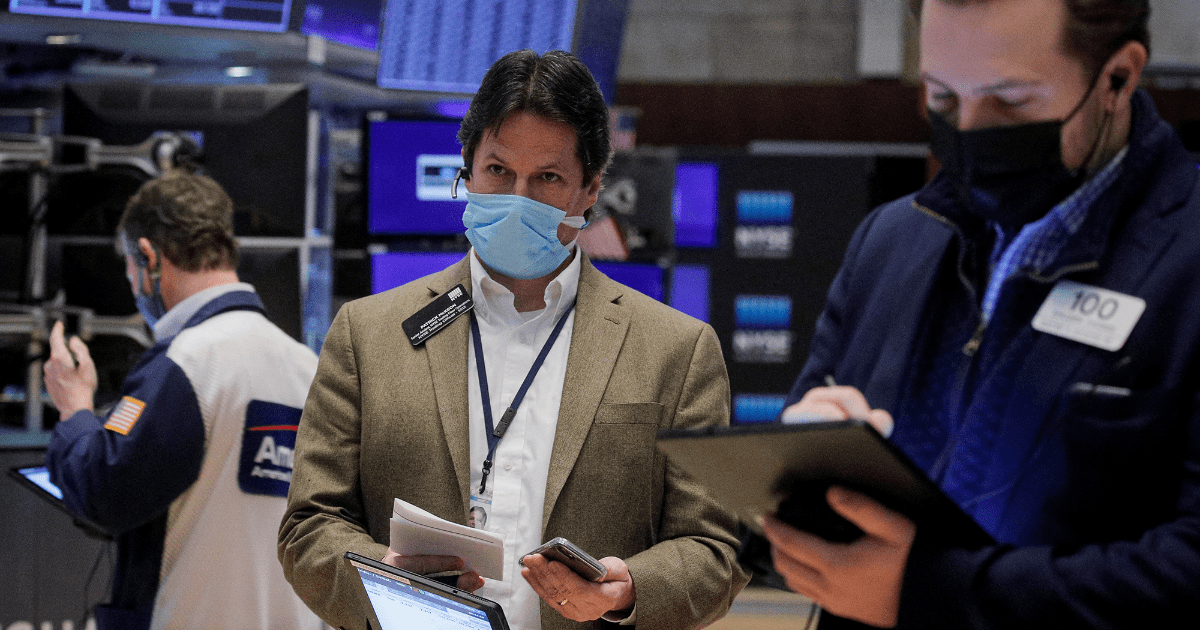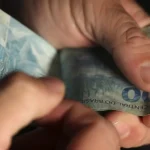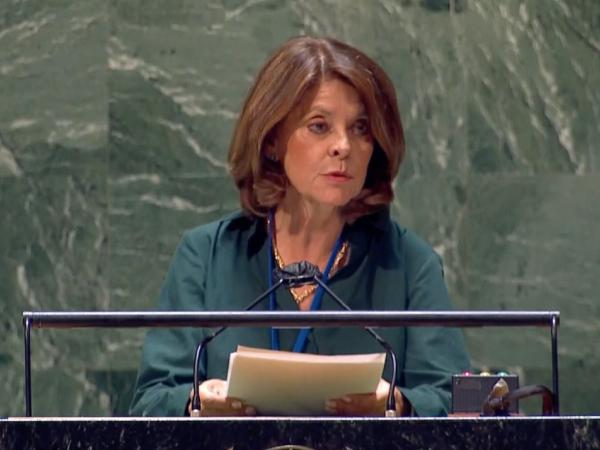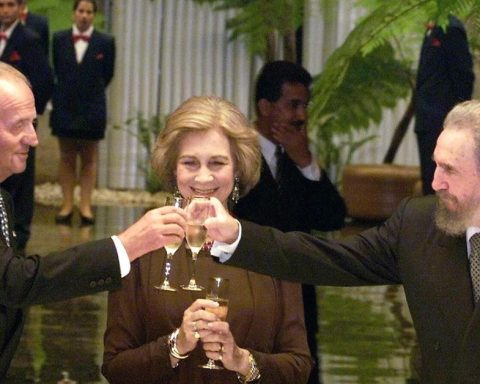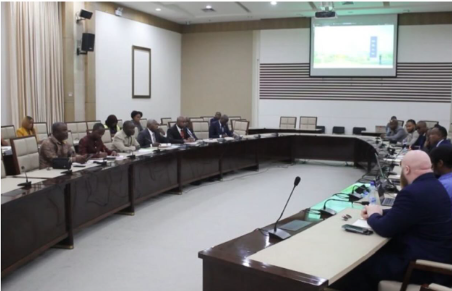This complex geopolitical situation dates back to August 1991 and the independence of Ukraine of the extinct Soviet Union. From then on, the six presidents who have led the nation have leaned towards different ideological positions, but in much more recent times, opting for a vision in favor of European Union.
This has resulted in an acrimonious relationship with Russia, especially with President Vladimir Putin, since he assumed power at the beginning of this millennium. He has also generated a fragmentation of society between those who support the European vision and those who have a greater affinity for the Russian ideology.
From the perspective of global investors, the important turning point was in 2014, when the danger of a Russian military intervention in some Ukrainian territories began to materialize, which ended with the accession of the crimean peninsula that same year. On that occasion, risk aversion —reflected in the behavior of various financial assets around the world— lasted only a couple of months, with a volatility that moderated according to the risk of a military intervention in which member countries could be involved. of the NATO and Russiasince economic sanctions were the main vehicle of retaliation.
Eight years later the conflict has been revived, but now in the Donbass region, specifically in Donetsk and Luhansk. Unlike in 2014, in 2022 there has been an increase in concern in the international community due to a further escalation in tensions, which is reflected in the behavior of the financial markets.
The motives behind the actions that Russia has carried out can be understood from several dimensions, all of them strategic. On the one hand, there is the ideological issue. Hostilities with Ukraine may lend President Putin a sense of legitimacy to his vision of “Russian unity,” both with his electoral base and with the ethnic Russians that abound in these conflict regions. It can also allow it greater hegemony on the international agenda, especially in Europe, and the strengthening of strategic allies such as China, given the lack of clear leadership in the rest of Europe ahead of the elections that will take place in France in April and a new era in Germany with Olaf Scholz.
Geographically, the annexation of these territories, together with what happened with Crimea in 2014, also help it to achieve a better strategic position in the Sea of Azov and the Black Sea. Economically, it could be an interesting medium-term bet given its wealth in raw materials. Although Ukraine is known as an important grain producer, the Donetsk and Luhansk regions are characterized by having quite relevant industries in the production of steel, copper extraction and other minerals.
However, there are two risks for Russia. The first is that the US and the rest of the NATO countries increase the economic sanctions that have already been announced so far and that this could further complicate economic recovery in the era of coronavirusaccess to international capital and goods markets for the International Trade. It seems that this is a risk that Vladimir Putin is willing to take.
The second, which so far we could still assume with less probability, lies in a military response by the West, which could cause much greater damage to both sides and probably for a longer duration. Under this second scenario, the consequences would be more severe economically, financially, politically, socially, and in terms of human losses.
We currently find ourselves in a moment of great uncertainty, with a discouraging suspense among investors and other economic agents around these tensions, weakening confidence in the global recovery and even the scope of international diplomacy. In this context, we must recognize that the news is very fluid and uncertain, so it is likely that high volatility will continue in the financial markets for a few more weeks, at least as long as there are widespread doubts about how this conflict will be resolved.
So far, the behavior of global assets shows a base scenario in which perhaps only economic sanctions prevail. However, we cannot rule out a military escalation between both parties, a situation that would change this perception and will probably have a greater impact on portfolios and investment prospects. Finally, to conclude this article, I recommend a detailed analysis that you can listen to on the North Economic podcast in which Verónica Ortiz, a renowned political and international affairs analyst, shared her vision of this situation.
*Alejandro Padilla is deputy general director of economic and financial analysis at Grupo Financiero Banorte.
